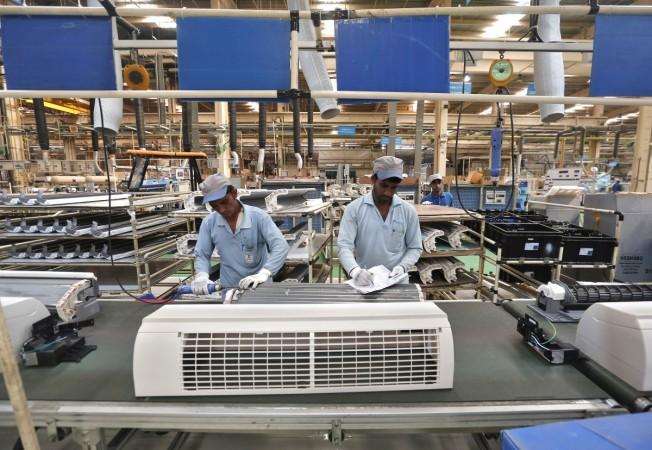The International Monetary Fund joins the World Bank in predicting that India would, by 2017, outpace China to become the fastest-growing economy in the world. IMF expects Asia's now second-largest economy to post a GDP of 6.5%, against China's 6.3% in 2016/2017.

IMF's 'World Economic Output Update,' released on Tuesday, reiterated the World Bank's stand from a week ago, with expectations pointing at India gradually nudging ahead of the Chinese economy by posting 7% expansion in the GDP in 2017/18, while Chinese economy slows down to 6.9%.
Chinese authorities announced that the country's economy was currently at its slowest in 24 years. For 2014, China grew 7.4%, against the official target of 7.5%. In 2013, it had recorded 7.7%.
However, India's growth projection for 2015/16 was lowered by the IMF to 6.3% against its October 2014 estimate of 6.4%.
"In India, the growth forecast is broadly unchanged, however, as weaker external demand is offset by the boost to the terms of trade from lower oil prices and a pickup in industrial and investment activity after policy reforms," read the IMF report.
The monetary body also pared down its global economic growth for 2015, down by 30 basis points to 3.5%, as a result of slower-than-expected performance by many economies, not limited to Russia, China, Saudi Arabia, Brazil, and Nigeria, read Live Mint.
The United States is the only major economy expected to post better economic expansion, projected at 3.6% for 2015, up by 50 basis points, from earlier expectations of 3.1%.
Even as the global economy benefits from the lower oil prices, it will also suffer from investment weakness. Medium-term growth prospects stand diminished at least for now, in both advanced and emerging economies.
The report noted, "lower oil prices will alleviate inflation pressure and external vulnerabilities, thereby allowing central banks not to raise policy interest rates or to raise them more gradually".
Even as projects for India's growth turn more positive and concrete, the nation still suffers from high fiscal deficit and a skewed government debt ratio. For the expectations to fructify, it is necessary for India's Prime Minister Narendra Modi to push ahead with the necessary reforms.








